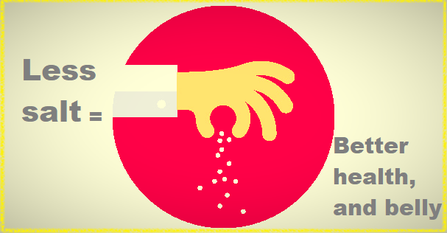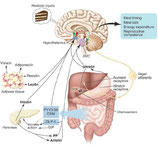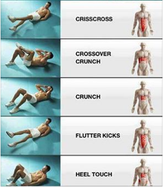
Salt is arguably the most common seasoning in America and is used in a variety of foods. It is so prevalent that it is not at all uncommon for any given recipe to call for at least a pinch of salt. But while everyone knows that excessive salt intake can increase blood pressure, do people know how salt contributes to weight gain?
The most minor form of weight gain comes from water absorption since salt naturally has high water retention. It can show up on the weight scale as a few extra pounds, but the bigger problem with salt lies in how it encourages overeating. Part of the reason salt is so popular is because it can easily enhance a food’s taste, and this can lead to increased food consumption. It is also not uncommon for salted meals to encourage thirst, which will encourage people to reach for high-calorie beverages like soda and sweet tea. It is part of the reason that salt consumption has been linked to obesity.
Recommended Salt Intake
With all of this in mind, it is highly recommended to reduce salt intake in meals. But how much salt is considered healthy? This amount can change based on what type of salt is commonly used, but several health organizations like the WHO and CDC have given us ample advice in terms of sodium intake. Since salt is around 40% sodium, this can be useful in determining the ideal amount of salt to use.
The recommended sodium intake for adults is 2,300 milligrams (2.3 grams) or less, which translates to 5.75 grams of salt. But in layman's terms, this just means that we should all limit salt
intake to no more than 1 teaspoon of salt a day. Seems like a simple enough goal to meet. But people often underestimate just how much salt they eat in a day. According to the FDA, the average
adult in America eats around 3.4 grams of sodium a day or around 8.5 grams of salt.
How to Reduce Salt In Foods
Some may think that simply abstaining from using the saltshaker is enough to reduce their sodium intake to ideal levels but that will likely not be enough. The majority of a person’s sodium intake doesn’t actually come from saltshakers or salt packets—it comes from products purchased at the store. Processed foods especially tend to have a massive amount of salt in them, and even common snacks tend to make liberal use of salt.
Tips to reduce sodium intake:
- Avoid purchasing snack foods like chips, crackers, and salted peanuts
- Avoid meat that has been cured, smoked, salted, or processed
- Buy reduced-fat or fat-free dairy products
- Buy canned foods with reduced sodium
- Do not add salt when making homemade meals
By Paige McMullen,
Writer collaborator
First edited: Dec 2020








Write a comment
Alice (Friday, 01 January 2021 04:44)
great post thanks!